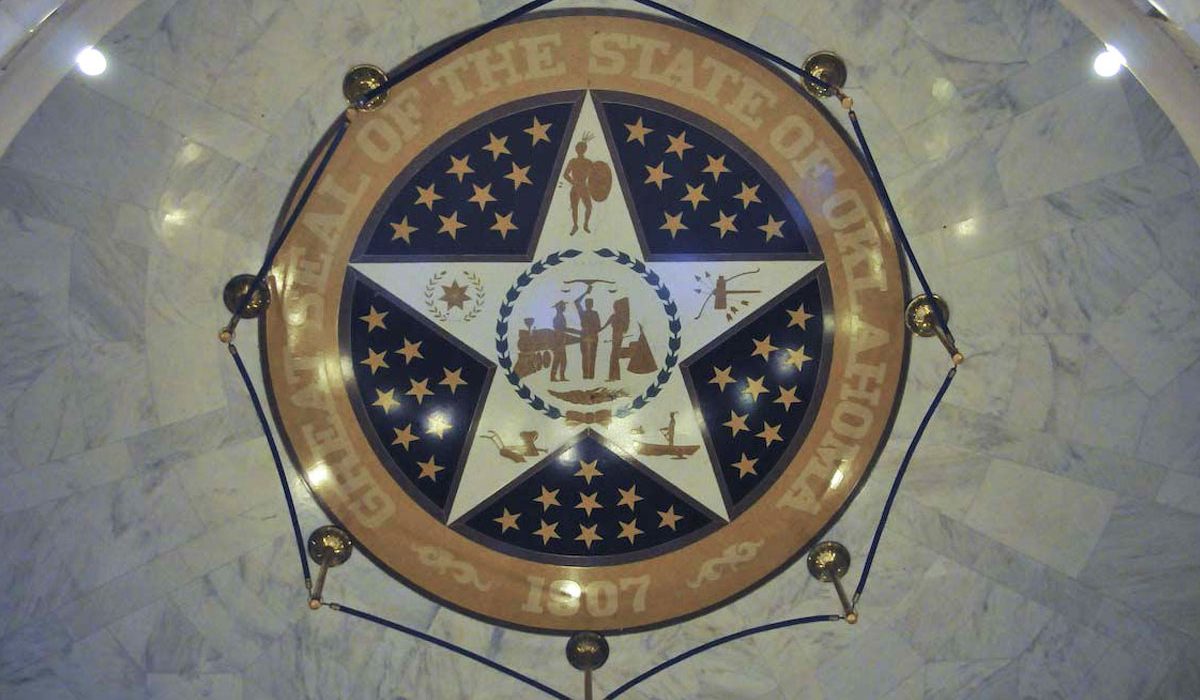By Josh Brecheen
Previously, I discussed two bills I continue to work on: SB 1030 to modify Medicaid qualifications for working age/able-bodied adults and SJR 45 to utilize TSET funds for our graduate medical schools. These measures can provide $170 million in annual budget savings, once fully implemented. Both bills were approved by the Senate on March 15 and are now awaiting consideration in the House. These measures could be utilized to finance as much as a $3,000 teacher pay raise, and do so without taxing working families more.
With that said, additional funding for teacher/state employee pay raises can also be found in correcting excessive tax policies that benefit a few at the expense of the many. Excessive tax rates afforded to only a few industries force a greater portion of the tax burden upon the shoulders of the majority of taxpayers, who otherwise could enjoy low rate/broad based taxation.
If an Oklahoma industry enjoys an extremely low tax rate as compared to rates in other states then, for fairness, every industry in Oklahoma should also receive the same low taxation rate for their industry as comparative among all the states. If this isn’t the case, then the industry that does enjoy such special treatment is preferred among its elected officials, and that is unfair to other industries and taxpayers.
Those who put into place and protect zero emissions/wind industry subsidy payments and excessive oil/gas production tax rates owe their constituency answers. The Republican majority implemented the current oil/gas gross production tax (GPT) rate while Democrats are almost unanimous in their support of current wind industry subsidy payments. Neither party should be let off the hook or given a pass, if we are to be fair.
Last year, $70 million of your state tax dollars were given to zero emissions/wind power companies and that is AFTER the state had already ZEROED OUT their ENTIRE income tax liability. That’s $70 million of your collective taxes given to the wind industry after they paid ZERO in income taxes (NOT A PENNY). Refundable tax credits, known for their true check-in-mail characteristic, are the epitome of corporate welfare. The wind turbine industry and it’s mostly out-of-state owners receive the lion’s share of refundable tax credit payments. I have filed numerous bills to deal with this theft of the public treasury. Ending this corporate welfare payment could finance a $1,100 teacher pay raise annually, by itself.
On the oil and gas front, I VOTED AGAINST AND DEBATED AGAINST the gross production tax rate being moved to 2 percent in 2014. In my debate, I stressed that our goal of a low rate/broad based taxation system would be compromised by preferring an excessive severance tax rate. My public position on that vote provoked the large players in the oil and gas industry to weigh in against me in my 2014 re-election bid.
Last week, Senate leadership put forth a bill that included moving the GPT rate for all oil/gas wells to 4 percent; however, that bill also included tax increases for working families. The GPT rate change in that bill would have leveraged almost enough funding to pay for a $1,900 annual teacher pay raise. If Senate leadership would allow a vote to fix the mistake of 2014, moving to an effective rate that is competitive among producing states and do so as a stand-alone vote (not packaged with/tied to raising taxes on the average working family), then I’d support that change. A stand-alone bill has not been an option so far.
Ending the excessive wind energy subsidy and fixing the 2014 mistake in relation to the GPT rate can put at least another $3,000 teacher pay raise on the table. This should be done without asking the average Oklahoman to pay even more.
To contact me at the Capitol, please write to Senator Josh Brecheen, State Capitol, 2300 N. Lincoln Blvd. Room 413, Oklahoma City, OK, 73105, email me at brecheen@oksenate.gov, or call (405) 521-5586.


